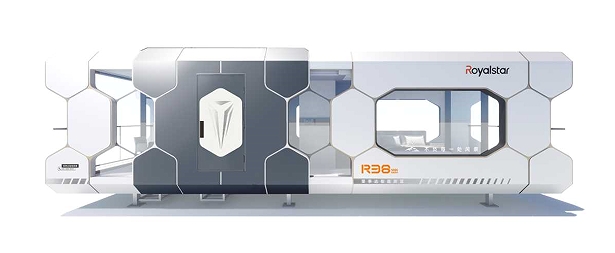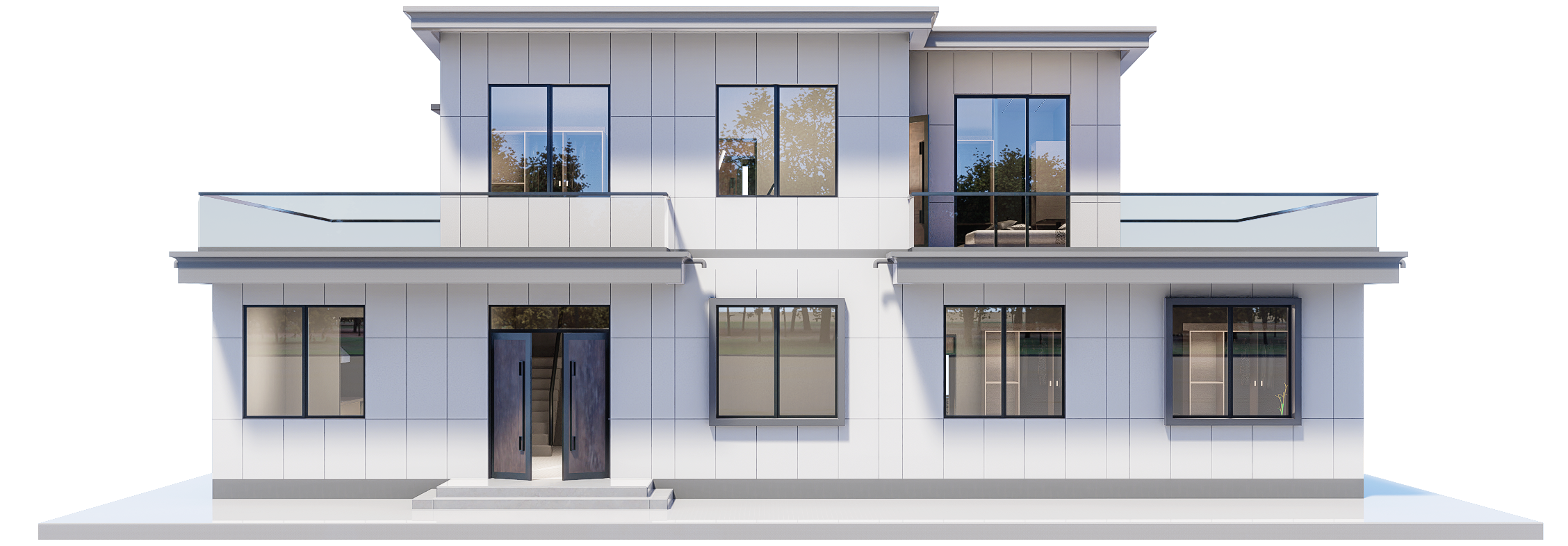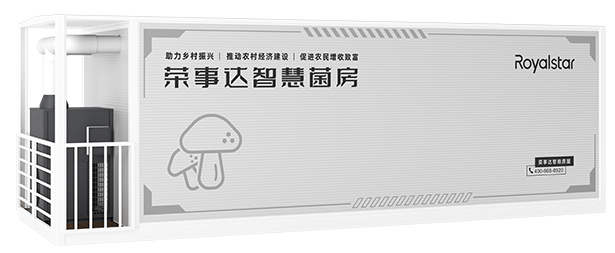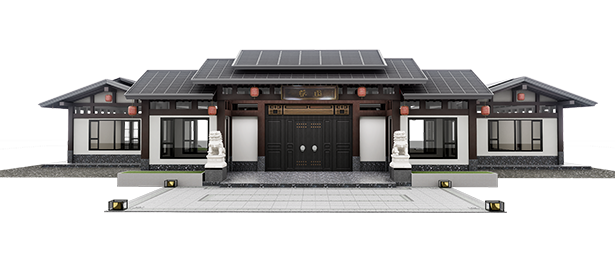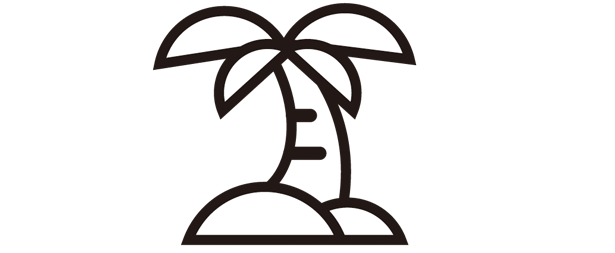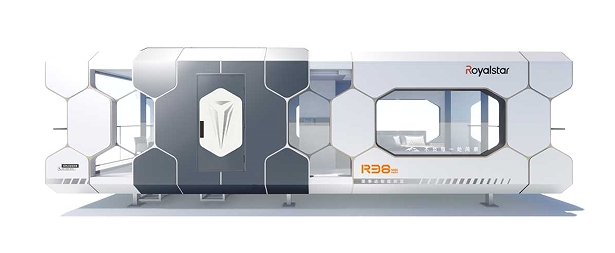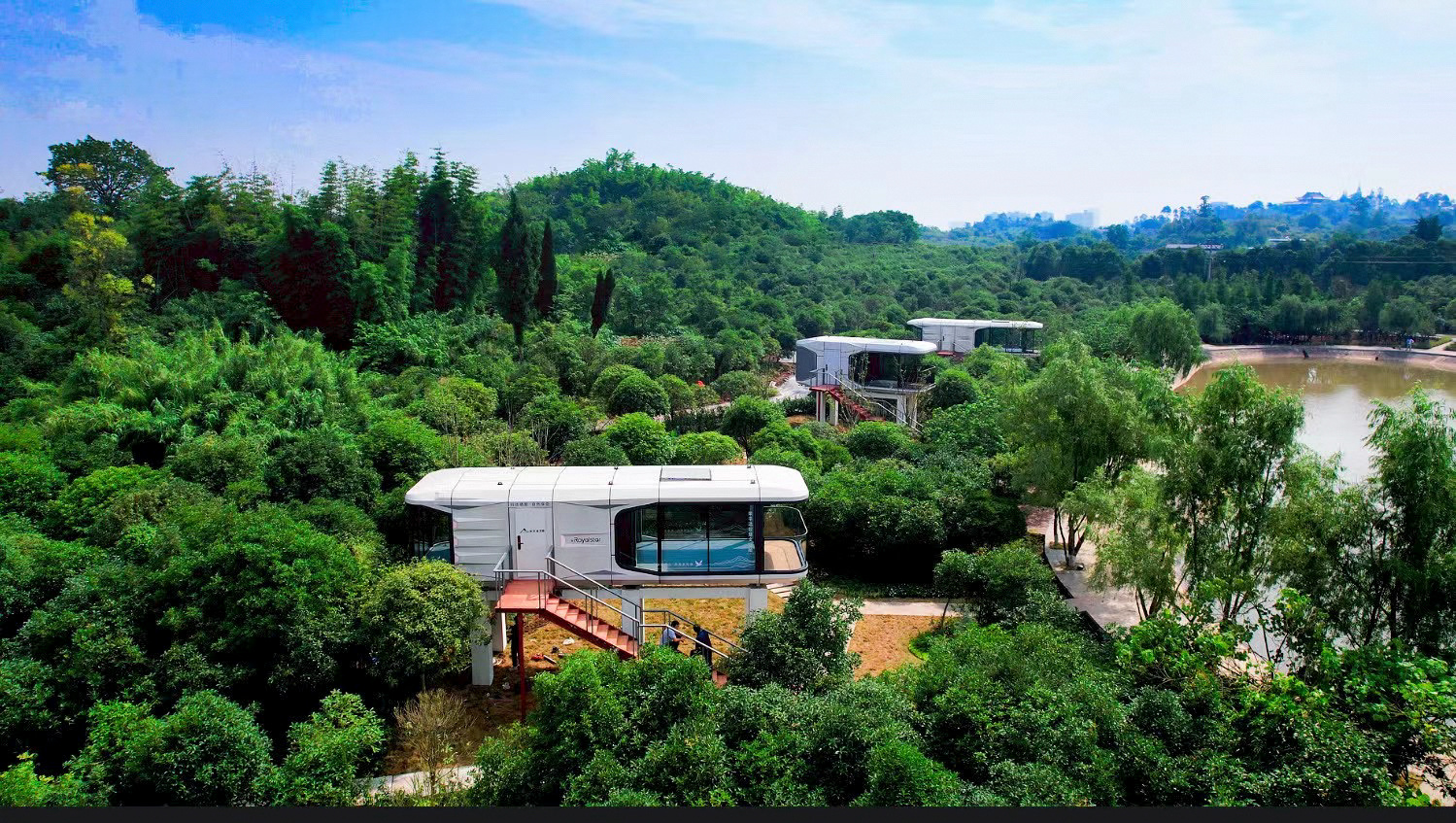Exploring the Benefits of Modular Homes: A Smart Choice for Modern Living
Modular homes represent a significant advancement in residential construction, combining modern design with efficiency and sustainability. These structures are built in sections, or "modules," in a factory setting before being transported to their final destination for assembly. This process not only reduces construction time but also minimizes waste, making modular homes an environmentally friend
Data:
2025-09-19 13:50
Modular homes represent a significant advancement in residential construction, combining modern design with efficiency and sustainability. These structures are built in sections, or "modules," in a factory setting before being transported to their final destination for assembly. This process not only reduces construction time but also minimizes waste, making modular homes an environmentally friendly choice.
One of the primary benefits of modular homes is their adaptability. As the housing market evolves, homeowners may find it necessary to adjust their living spaces to accommodate changing needs. Modular homes offer unparalleled flexibility, allowing for easy expansion or reconfiguration without the extensive renovations typically associated with traditional homes. This adaptability makes them particularly appealing to families who anticipate future growth or those who wish to downsize.
In the realm of safety and security, modular homes can be designed with advanced features to enhance residents' peace of mind. The construction process often adheres to strict building codes and regulations, ensuring that these homes are resilient against natural disasters. Moreover, incorporating smart home technology into modular homes can significantly bolster security. Homeowners can integrate smart locks, surveillance cameras, and alarm systems, all controllable via smartphones, providing an added layer of protection.
Energy efficiency is another critical aspect of modular homes. Many manufacturers focus on incorporating sustainable materials and practices, which can lead to lower energy consumption and reduced utility bills. Features like high-performance windows, enhanced insulation, and energy-efficient appliances can be standard in these homes, aligning with the growing demand for eco-friendly living solutions.
From a financial perspective, modular homes typically present a cost-effective option compared to traditional homes. The streamlined construction process reduces labor costs and time, making them an attractive alternative for budget-conscious homebuyers. Additionally, the longevity and durability of modular homes can lead to significant savings in maintenance and repair costs over time.
As technology continues to advance, the integration of smart home features into modular homes is becoming increasingly common. Homeowners can opt for systems that allow for remote monitoring and control of various aspects of their home, from lighting to climate control, enhancing convenience and efficiency.
In conclusion, modular homes are not just a trend; they represent a forward-thinking solution for modern living. Their combination of adaptability, safety, energy efficiency, and smart technology makes them a compelling choice for those looking to invest in a home that meets both current and future needs. As the demand for innovative housing solutions grows, modular homes are poised to play a pivotal role in reshaping the residential landscape.
One of the primary benefits of modular homes is their adaptability. As the housing market evolves, homeowners may find it necessary to adjust their living spaces to accommodate changing needs. Modular homes offer unparalleled flexibility, allowing for easy expansion or reconfiguration without the extensive renovations typically associated with traditional homes. This adaptability makes them particularly appealing to families who anticipate future growth or those who wish to downsize.
In the realm of safety and security, modular homes can be designed with advanced features to enhance residents' peace of mind. The construction process often adheres to strict building codes and regulations, ensuring that these homes are resilient against natural disasters. Moreover, incorporating smart home technology into modular homes can significantly bolster security. Homeowners can integrate smart locks, surveillance cameras, and alarm systems, all controllable via smartphones, providing an added layer of protection.
Energy efficiency is another critical aspect of modular homes. Many manufacturers focus on incorporating sustainable materials and practices, which can lead to lower energy consumption and reduced utility bills. Features like high-performance windows, enhanced insulation, and energy-efficient appliances can be standard in these homes, aligning with the growing demand for eco-friendly living solutions.
From a financial perspective, modular homes typically present a cost-effective option compared to traditional homes. The streamlined construction process reduces labor costs and time, making them an attractive alternative for budget-conscious homebuyers. Additionally, the longevity and durability of modular homes can lead to significant savings in maintenance and repair costs over time.
As technology continues to advance, the integration of smart home features into modular homes is becoming increasingly common. Homeowners can opt for systems that allow for remote monitoring and control of various aspects of their home, from lighting to climate control, enhancing convenience and efficiency.
In conclusion, modular homes are not just a trend; they represent a forward-thinking solution for modern living. Their combination of adaptability, safety, energy efficiency, and smart technology makes them a compelling choice for those looking to invest in a home that meets both current and future needs. As the demand for innovative housing solutions grows, modular homes are poised to play a pivotal role in reshaping the residential landscape.

